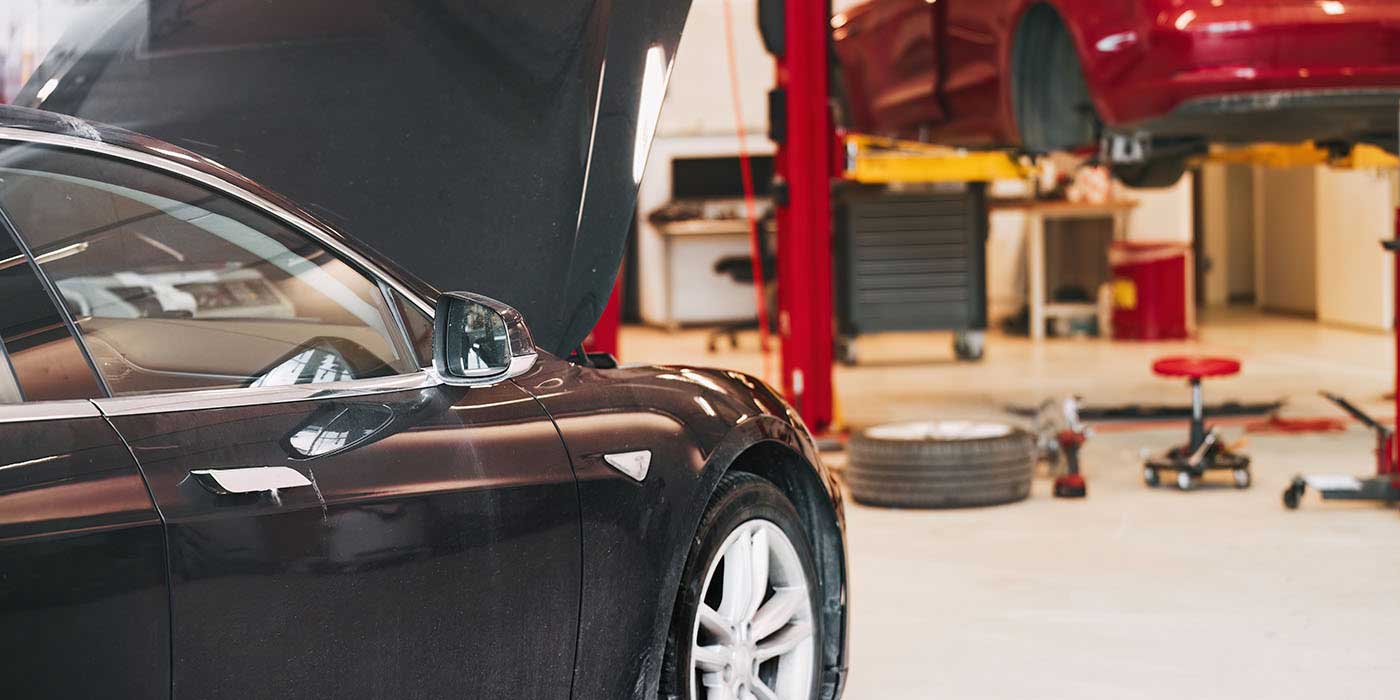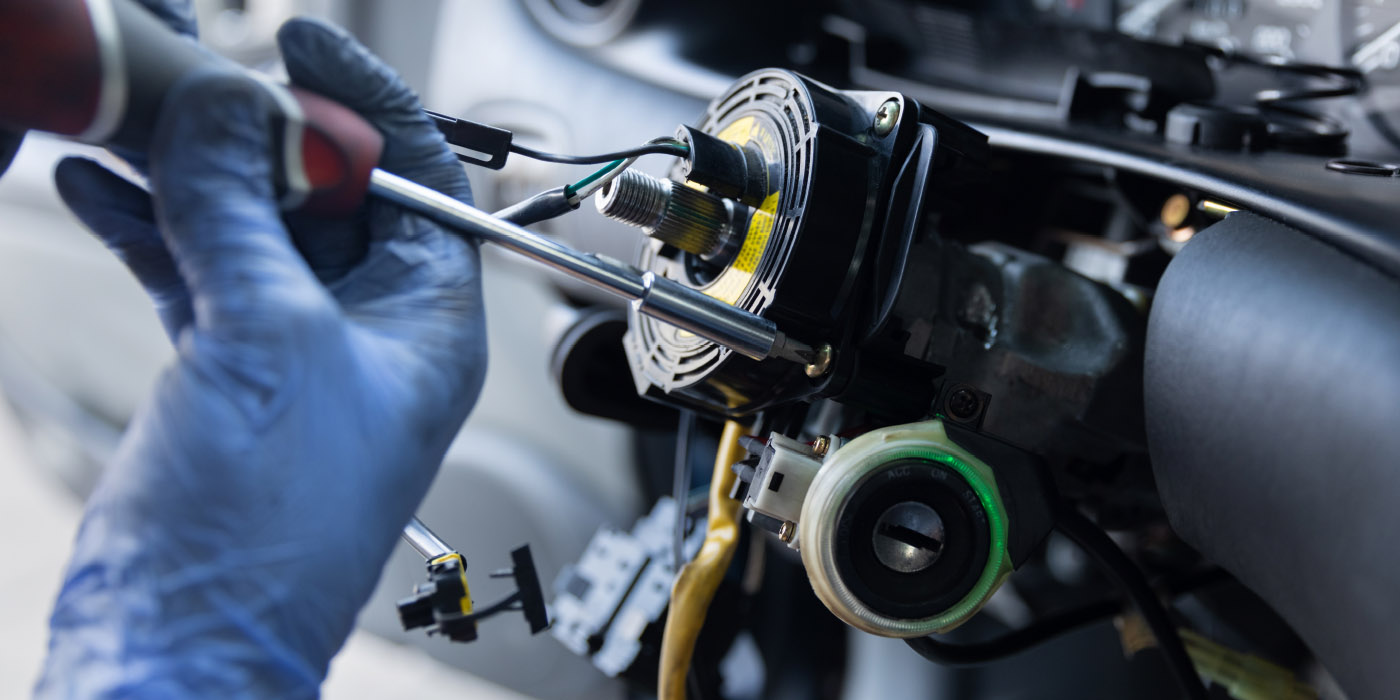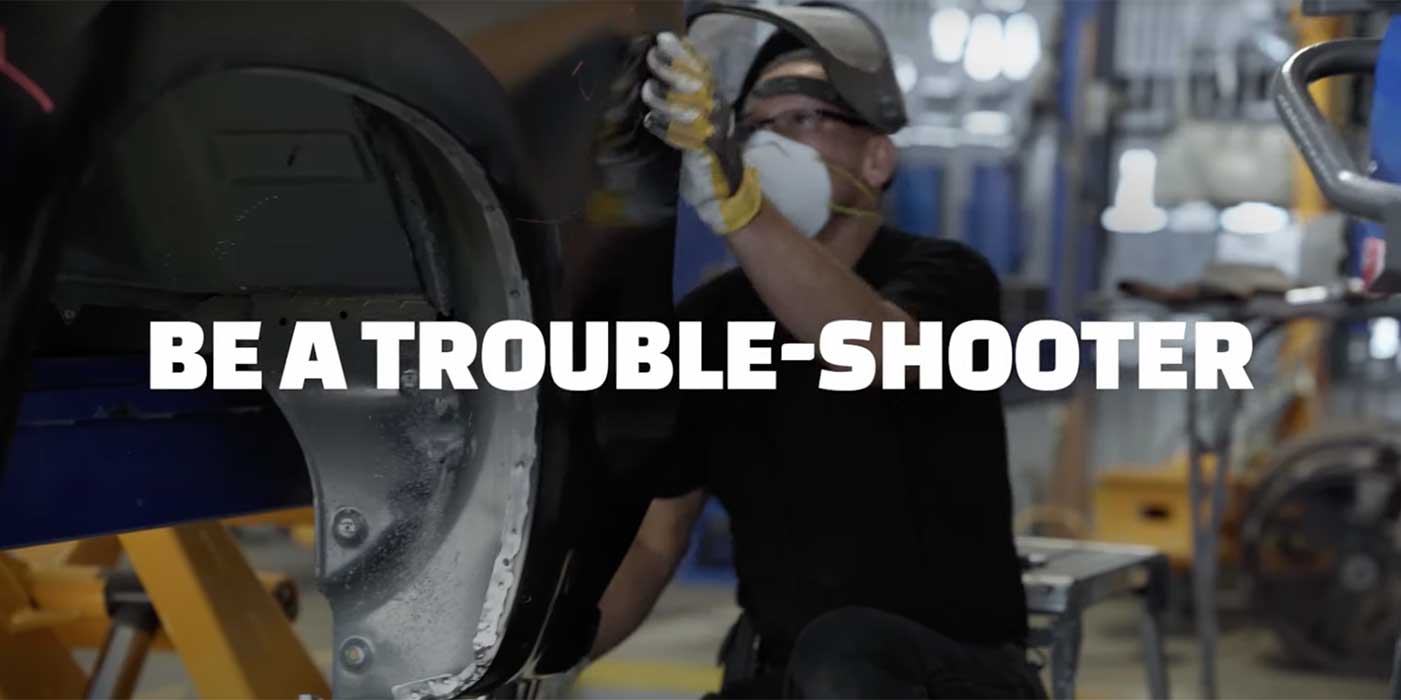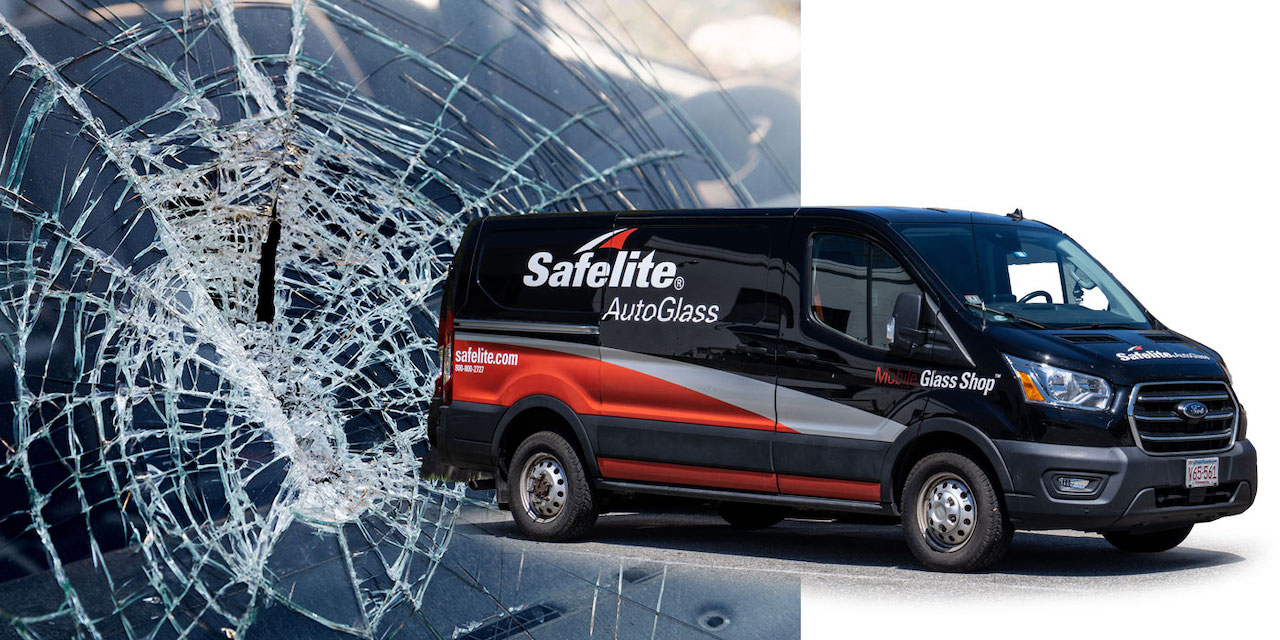In auto racing, when a spotter says to their driver in the car, “It’s clean and green,” that means the green flag has dropped for the field to race and the track is washed free of grit, dirt and debris and could be slick and hard to navigate. For a collision repair shop, becoming clean and green is much the same. Green electric vehicles and environmentally smart, safe business practices are the standard for shops today. But understanding the right lane for navigating these standards — from national, state and local authorities — is as challenging as hot laps on a cold track.
As the owner of two CARSTAR locations in the San Francisco area, I’ve navigated changing environmental and team safety standards for years. Just when you think you have a great program in place, there’s a “caution” that comes in the form of a new regulation. Here are a few things I’ve learned about being green and clean and how it benefits your team, repair quality, customers — and ultimately your bottom line.
It all starts with your commitment to training, education and doing the right thing. If you don’t make this a priority for everyone, not everyone will embrace it. And it has to start with the owner or general manager in charge. You have to constantly be studying the environmental codes, requirements to meet them, incentives available and how you can implement the initiatives to earn those incentives. Then, you need to formulate this into your strategic plan and roll it out to your team.
- Personal protective equipment (PPE): Your employees come first. Your team members need to have the right PPE and safety guidance. We utilize “team safety” for our monthly safety training meetings, which are run by team leaders. Part of their management training is to promote shop safety, which includes having proper-fitting face masks, N95 particulate masks when welding and sanding, using the correct gloves for welding and having the proper footwear. We also provide uniforms for technicians so they don’t go home with any contaminants on their bodies. Steel and aluminum techs get upgraded to flame-resistant uniforms. There is always a constant, daily reminder to implement a safety-first mindset. We also engage with techs to ask what else they need to make their job safer and easier, such as welding jackets, welding blankets, welding leather gloves or Class 0 HV gloves if working on high-voltage vehicles. Equally important is to have all employees understand what to do in case of a fire. For Tesla battery fires, there needs to be a water station available. For electric vehicle (EV) safety, every shop should have an insulated safety hook in case of electrocution.
- Shop cleanliness: We utilize a dust extraction system that helps to minimize dust particles on the ground and in the air. Our production managers maintain a daily shop log for cleaning and hazardous waste storage. We make sure all contaminants are stored properly and all lids are closed, and we keep the shop floor clean with daily sweeping. One note: With California’s strict environmental standards, we never hose down our shop floor because that can send particulate debris into the storm water system.
- Water management: The California Department of Toxic Substances Control has very strict regulations about what wastewater can go in the storm sewer, along with big fines if you violate them. We’ve done a lot of research on water containment systems for our car wash area. There are advanced systems that cost around $50,000, but we’re working on a more affordable option. We’ve ordered an external water containment berm at our San Jose location that has a drive-over ramp and a water basin that can hold 1,800 gallons, which will ensure the water is collected in the basin and any contaminants are not washed into the storm drain. It’s important to check with your local county regulations and work with them on staying up to code. Most cities have regulations on storm water discharge into the drains, so you don’t want to overlook this.
- Green credits: Can you get credit for your green improvements? Taxes and incentives can vary by county and state. Check with your local government, power company, water company and other agencies for rebates or green programs. For businesses, check out federal solar tax credits and solar power installation rebates. Shops can upgrade to LED lighting fixtures to cut costs on electricity and provide a brighter working environment for team members and customers.
- Funding. Many of these team safety and green improvements come with a price tag, but there is a bigger one if you have to pay a fine. It’s critical to create a capital expenditure fund to pay for these improvements, but green processes and shop safety should be part of your operations budget. Once you have your plan in place, there shouldn’t be many costs if proper procedures are followed daily. And it’s much smarter to invest in doing it correctly than to pay fines when you do it wrong.
Summary
When it comes to green operations and team safety, you have to invest to stay ahead of the field and win the race. If you ignore the changing industry and the local, state and federal requirements, you’re likely to get left in the dust at the starting line.














